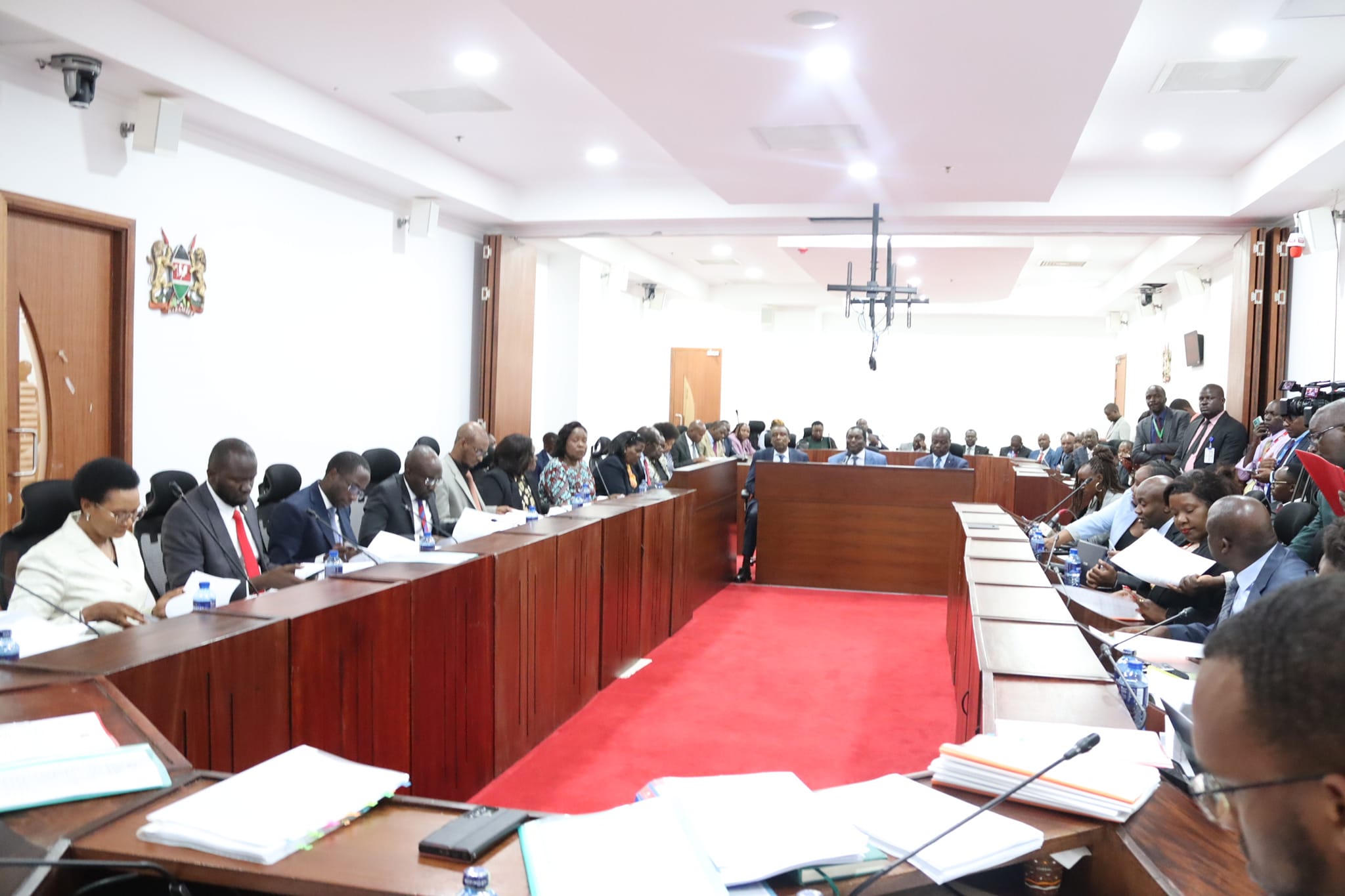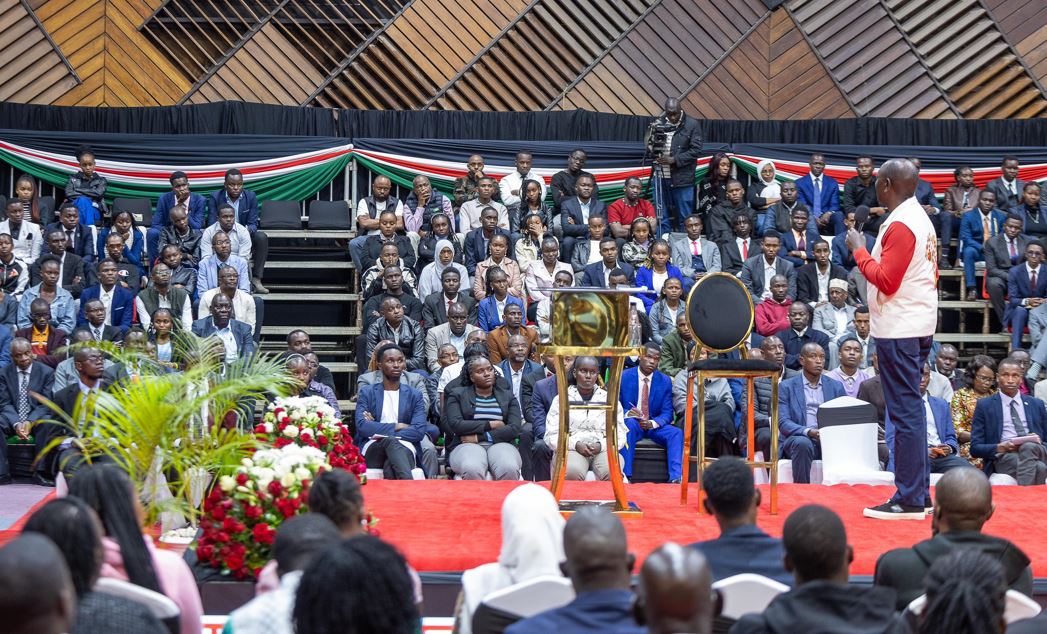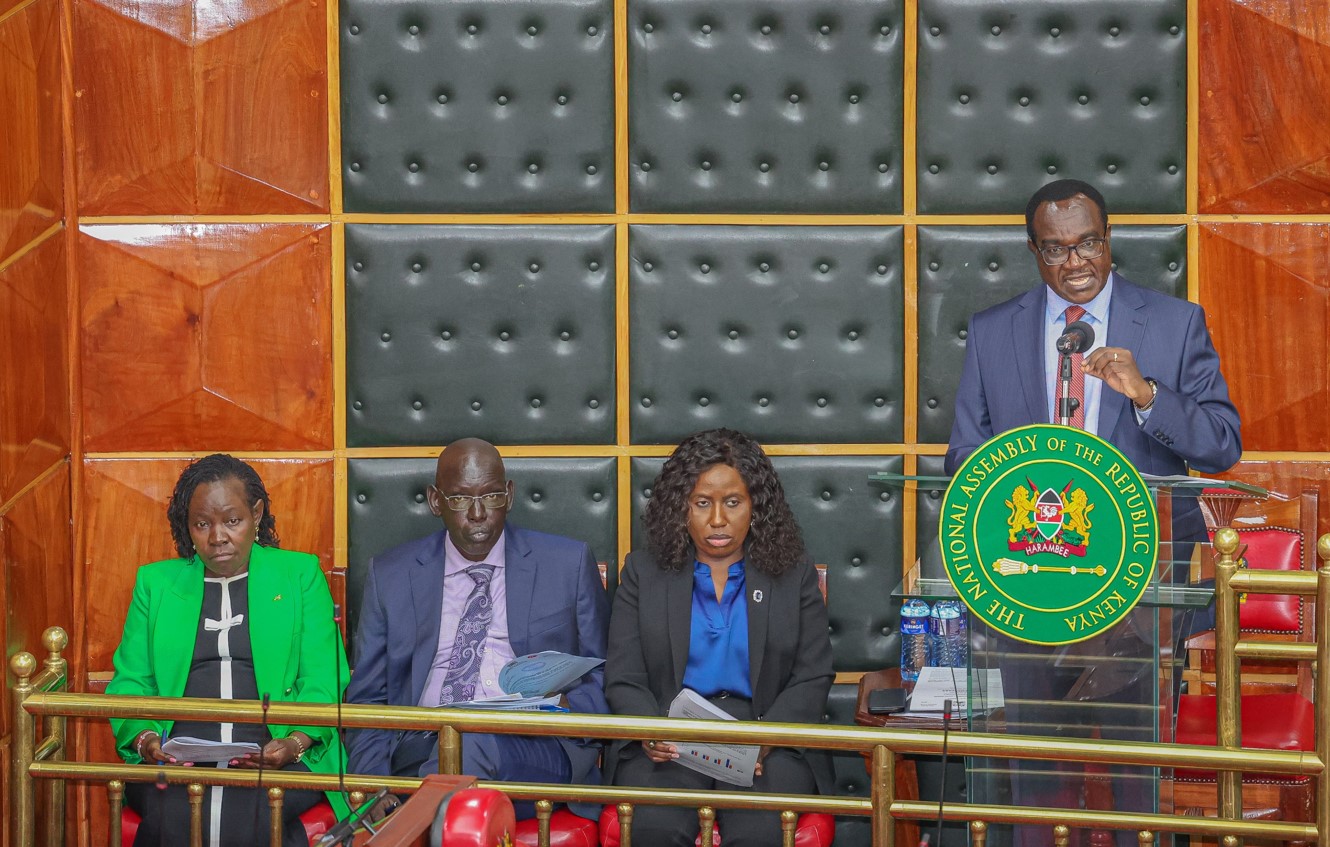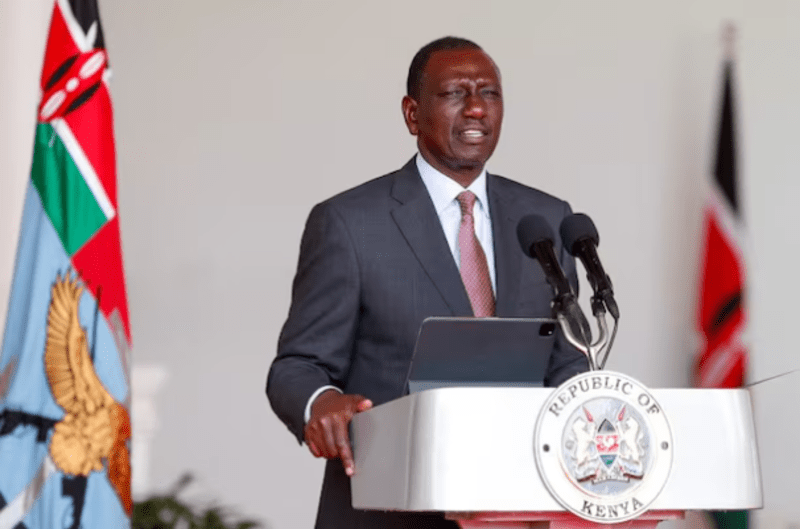High Court declares new university funding model unconstitutional

By Maureen Kinyanjui |
The ruling also pointed out the lack of public participation in the development and implementation of the model.
The High Court has declared the government's new education funding model unconstitutional, terming it discriminatory and a violation of students' right to education as guaranteed by the Constitution.
The court on Friday held that it is the government's responsibility to fund public universities and that passing this burden to parents infringes on constitutional provisions.
Keep reading
"It should have been subjected to the public so that the public comments before its implementation said High Court Judge, Chacha Mwita in his ruling.
The ruling also pointed out the lack of public participation in the development and implementation of the model.
According to the judge, legislative proposals regarding the model should have been tabled and debated in Parliament to ensure compliance with constitutional requirements.
The case was brought before the court by the Kenya Human Rights Commission (KHRC), which argued that the model failed to prioritise the needs of disadvantaged students.
Petitioners highlighted significant issues, including confusion in the selection of TVET courses due to unclear instructions from the Kenya Universities and Colleges Central Placement Service (KUCCPS).
Economic social rights
"The variable scholarship and loan funding model is arbitrary, obscure, expensive, undefined and illegality; an affront to the right to education as part of economic social rights," the petitioners argued.
"The respondents have accordingly acted illegally and ultra vires in the implementation of the funding model to the detriment of hundreds of thousands of universities and TVET students and their families."
On October 3, 2024, the court temporarily halted the implementation of the funding model, pending the determination of the case.
The petition was jointly filed by KHRC, Elimu Bora Working Group, and the Students' Caucus.
President William Ruto unveiled the new university and TVETs funding model on May 3, 2023.
The funding model places students in five bands using eight variables, including parents' background, gender, course type, marginalization, disability, family size, and composition.
Ruto said it was aimed at primarily benefiting students from extremely poor backgrounds.
Under the model, learners from vulnerable and extremely needy families have equal opportunities at accessing university education, he said.
Needy students will receive government scholarships of up to 53 per cent and loans of up to 40 per cent.
"Parents will only pay 7 per cent of the total cost of their university education," Ruto said.
Those joining TVETs will receive government scholarships of up to 50 per cent and 30 per cent in loans. Their households will pay 20 per cent of the costs
Reader comments
Follow Us and Stay Connected!
We'd love for you to join our community and stay updated with our latest stories and updates. Follow us on our social media channels and be part of the conversation!
Let's stay connected and keep the dialogue going!














